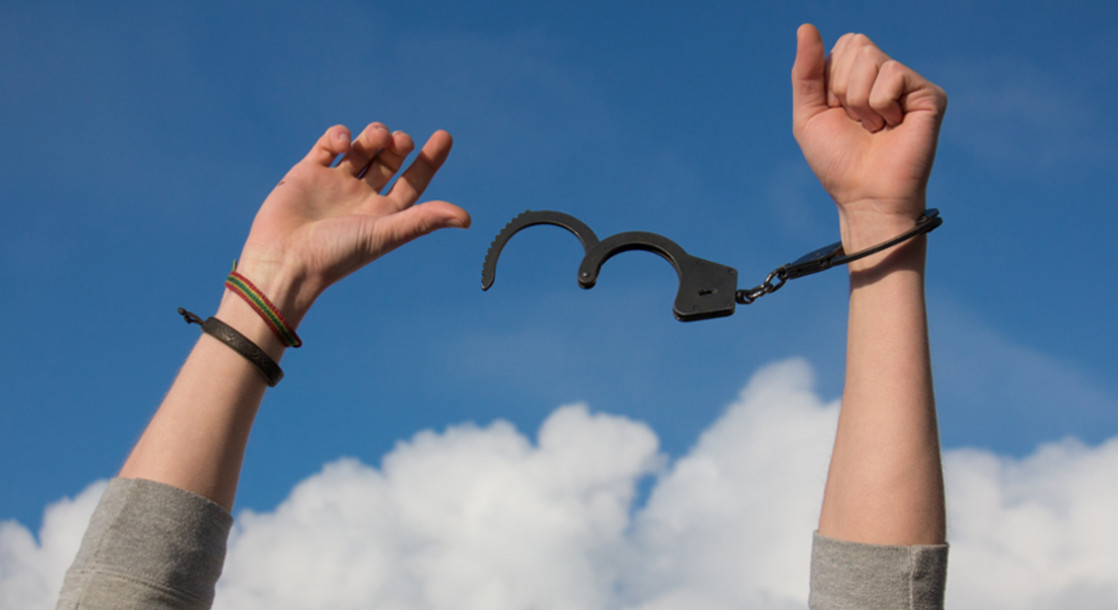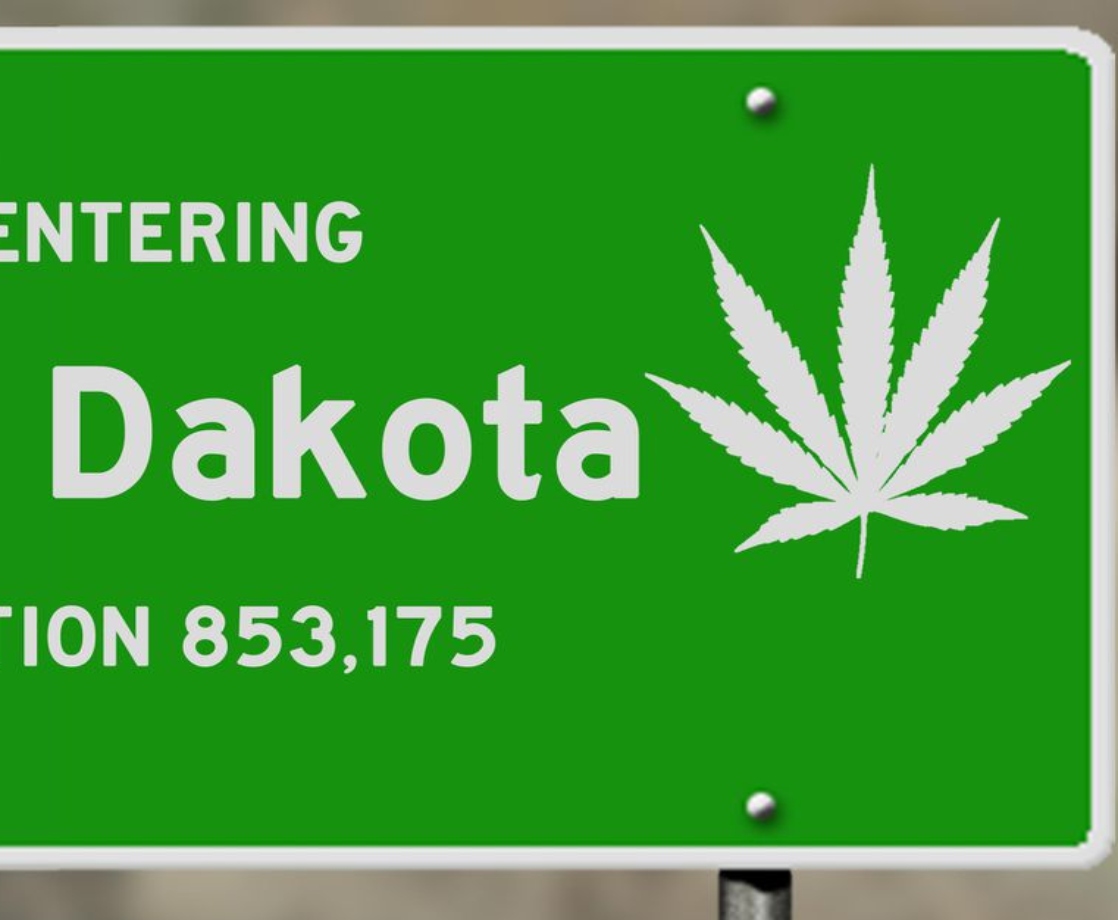California will implement a new law to automatically clear former pot offenders' criminal records, taking a huge step toward righting injustices inflicted by decades of cannabis prohibition. Assembly Bill 1793 — which was passed almost unanimously by the state legislature in August and signed into law by Gov. Jerry Brown on Sunday — will require the state to identify every individual convicted of a nonviolent cannabis offense and automatically reduce their sentence or clear their criminal record entirely.
Proposition 64, the voter-approved measure that legalized recreational cannabis in the Golden State in 2016, allowed any Californian who had been convicted of a weed-related felony or misdemeanor to petition to have their conviction reduced or expunged. The petition process required the assistance of a lawyer, however, and the time and expense of the task put this process out of reach of many lower-income individuals. Earlier this year, district attorneys from San Francisco, San Diego, and several other towns and counties announced that they would identify and clear these records themselves, but officials in other jurisdictions, including Los Angeles, complained of not having the resources to accomplish such an effort.
In January, Assemblyman Rob Bonta proposed a bill to resolve this problem once and for all. “AB 1793 will bring people closer to realizing their existing rights by creating a simpler pathway for Californians to turn the page and make a fresh start,” Bonta said on Sunday, according to the Los Angeles Times. “Long after paying their debt to society, people shouldn’t continue to face the collateral consequences, like being denied a job or housing, because they have an outdated conviction on their records."
Between 2006 and 2015, around half a million Californians were arrested for cannabis-related crimes, but only around 5,000 people have successfully petitioned to have their records cleared under Prop 64. The Judicial Council of California has estimated that the new law will allow an additional 218,000 former offenders to have their records reduced or cleared. “This is transformative,” Rodney Holcombe of the Drug Policy Alliance said to USA Today. “This will empower people. My heart goes out to people who have had to navigate this process on their own. It’s confusing, expensive and tiring.”
The new law, which goes into effect on January 1st, 2019, will require the state Department of Justice to search its criminal records database and identify every individual with a cannabis-related felony or misdemeanor conviction. The department must then forward the names of all eligible individuals to local district attorneys by July 1st. These attorneys will be given a chance to review these records and decide whether to challenge individual cases. State courts will then automatically clear or reduce the convictions of anyone whose case has not been disputed.
The new bill is one of several cannabis reform laws that Gov. Brown has approved in the past week. One will create a program to support diversity and social equity within the state cannabis industry, another allows individual cities to apply to host weed-themed festivals, and a third allows veterinarians to discuss pot treatments for pets. But two more cannabis intiatives that crossed the governor's desk ended up getting vetoed over the weekend.
In August, Golden State lawmakers passed a bill that would have allowed parents to administer medical cannabis to students on school grounds. The issue of allowing cannabis use at public schools is a contentious one, as the U.S. government can refuse funding to schools that allow the use of federally-prohibited drugs on campus. The bill contained several restrictions to assuage any fears of federal interference, however — allowing individual schools to opt out of such programs, disallowing medical cannabis products from being stored on school grounds, and banning any smokable or vapable forms of pot from schools.
Despite these restrictions, Brown still chose to veto the legislation. “This bill is overly broad as it applies to all students instead of limited cases where a doctor recommends medical marijuana for a student in order to prevent or reduce the effects of a seizure,” Brown explained in his veto message. “Generally, I remain concerned about the exposure of marijuana on youth and am dubious of its use for youth for all ailments. This bill goes too far — further than some research has — to allow use of medical marijuana for youth. I think we should pause before going much further down this path.”
State Sen. Jerry Hill, who proposed the bill, announced his disappointment over the veto, and promised to reintroduce it during the 2019 legislative session. “It is vital that we lift the barriers for students with serious medical conditions who rely on medical cannabis to attend school,” Hill said in a statement. “Making it easier for these children and teens to get the medicine they need without disrupting their school day remains important to me. I plan on reintroducing this bill when the Legislature reconvenes on December 3.”
Brown also vetoed another bill which would have allowed cannabis retailers to offer free medical marijuana to qualifying patients. The governor said that he chose to veto the bill because it conflicted with the regulations introduced by Prop 64. “Providing free cannabis to a person with only a doctor's recommendation undermines these rules and the intent of the voters,” he wrote. “For this reason, I cannot sign this bill.”











